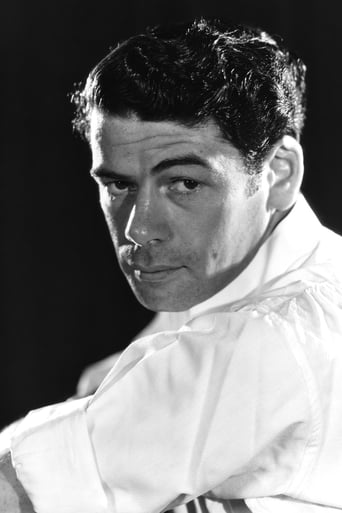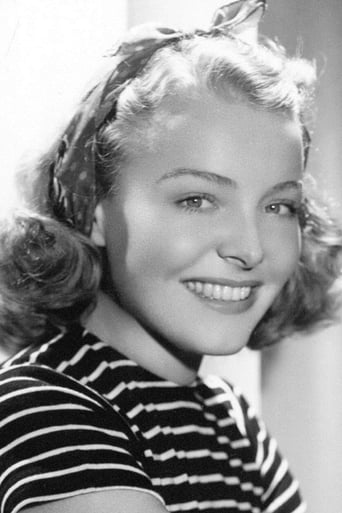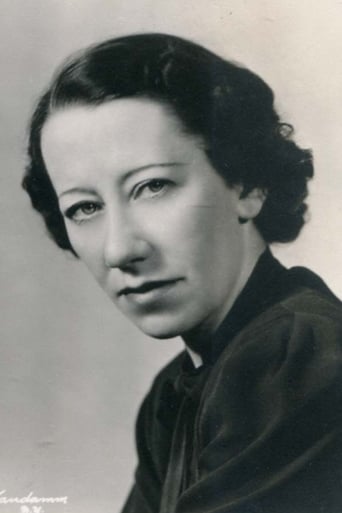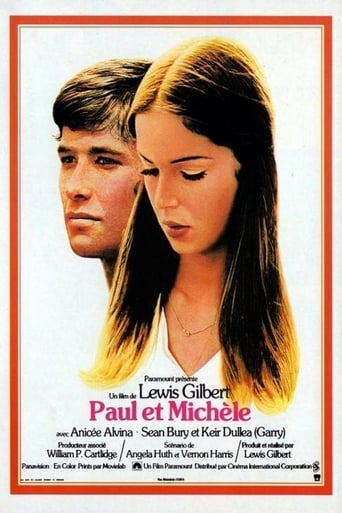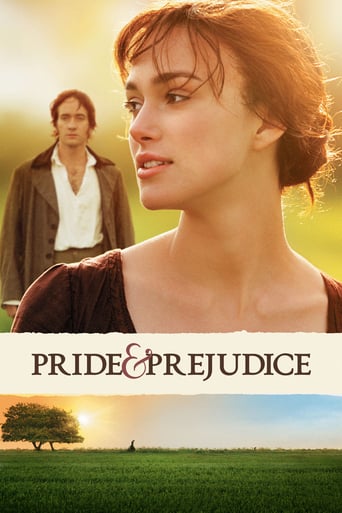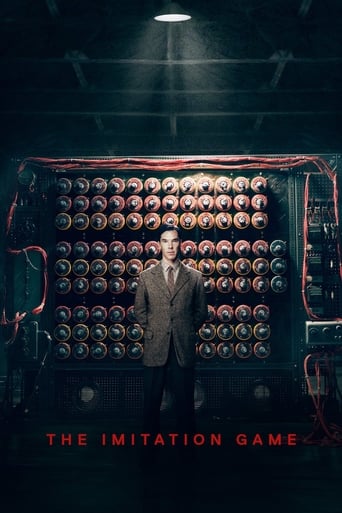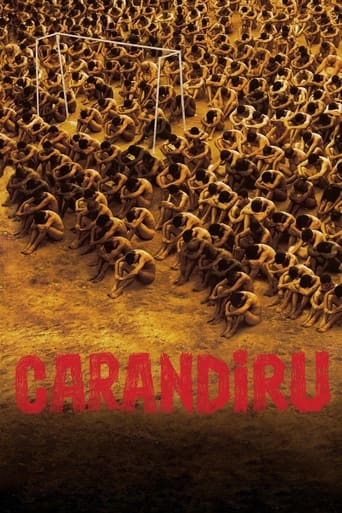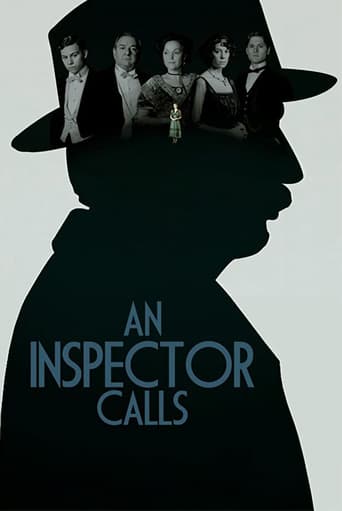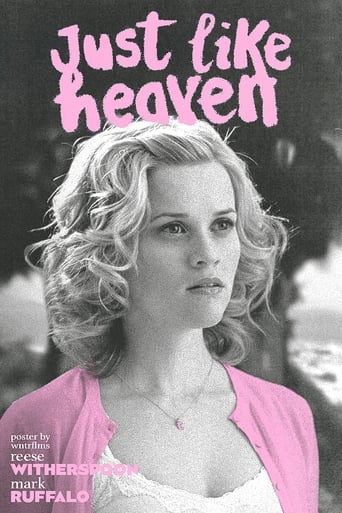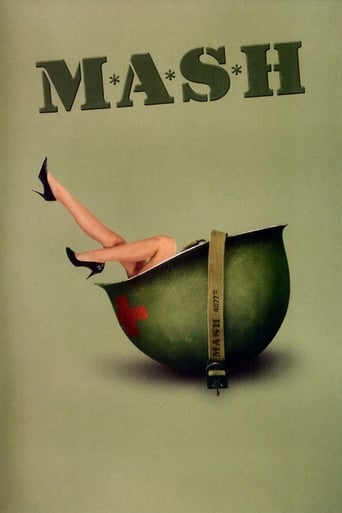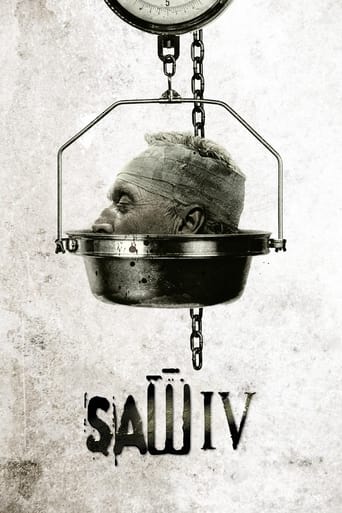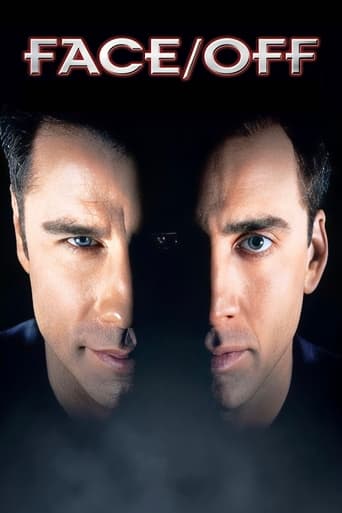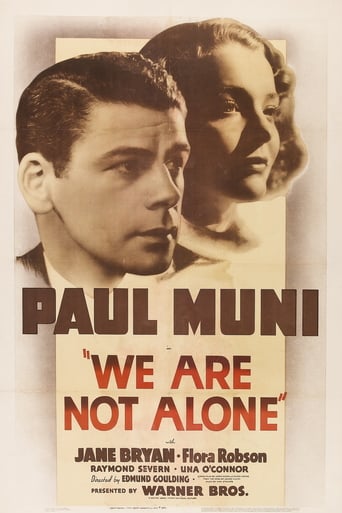
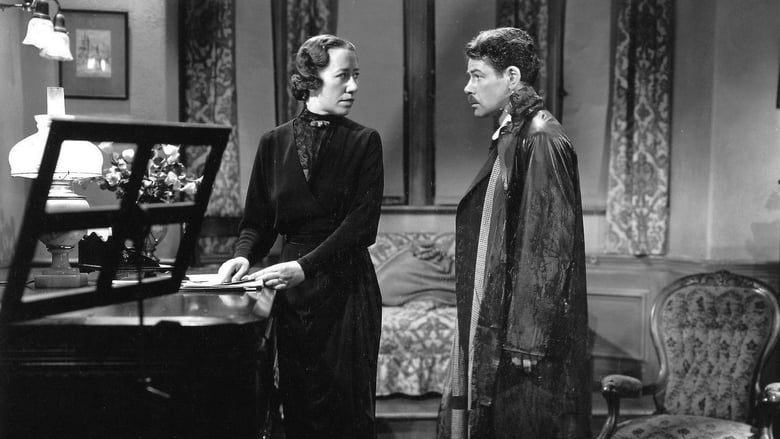
We Are Not Alone (1939)
A British doctor and his son's Austrian governess have an affair and are accused of killing his wife.
Watch Trailer
Cast


Similar titles
Reviews
Okay, I'll admit this is NOT a perfect film. However, given the talent of Paul Muni, an interesting story by James Hilton AND the full MGM treatment, this is still an exceptional film. Two things that stand out particularly for me is the amazing awfulness of Muni's wife--she's so bad you can't stop watching. Second, is the very unusual plot involving the advent of WWI and xenophobia run amok that results in the public condemning an innocent woman simply because she is Austrian. ABout the only people I would NOT recommend this to are people who HATE older movies (I feel VERY sorry for you) and people who really need happy endings (you won't find one here).
This movie could have been an all-time classic, except that it's timing was disastrous - an anti-war film seeking sympathy for a Germanic heroine released in the second week of 1939! But, now, removed from the immediate patriotic passions of that time, we can objectively appreciate the quality and meaning of the film. It was ahead of its time also in the fact of it not following the strict constraints of 'genre' films - it had a very complex story to tell and told it truthfully and unflinchingly. I notice that several of the reviews posted here criticize the film for "being two different movies", or "changing gears midway through and becoming another film." Sorry people, that was the whole point of this cinematic exercise - a unique and totally challenging film. I'm afraid that these critics are used to getting their films rigidly by the numbers and can't take complexity or surprise. This is an extremely complex film and, while straightforwardly entertaining, can be understood on so many different levels of meaning. There is absolute genius in the subtle symbolism of some of its messages, and the more thoughtful, analytical, and sophisticated the viewer - the more they will get from it. Heartbreaking, I believe, is the word which best describes the feeling one comes away with. The film's deceptive surface simplicity absolutely devastates the viewer by the end. Most people I've watched this with, men and women both, are shaken and in tears at the end - even the most jaded of viewers Jake an excuse to leave the room for a while in an effort to resist the emotion.Emotion - the key to the film's success is almost entirely due to the exquisite and incomparable musical score of Max Steiner. MAX STEINER wrote the score in 7 days, working night and day, so that he could be able to depart from Warners and go to Selznick studios to begin his commitment to writing the music for "Gone with the Wind". As monumental as that score was, his intense effort for "We Are Not Alone" is even greater. The scoring is not only melodic and beautiful, but the choice of orchestration grabs the heart and the thematic expertise emotionally is the soul and guiding force of the film. And Tony Gaudio's excellent photography conveys a nice pictorial compliment. Needless to say, the acting is superb, especially Jane Bryan, who Noel Coward called the finest movie actress in the world after seeing this film.This is a one and only, and if you're a sensitive, intelligent lover of true beauty - it's for you. There will never be an equal.
I have watched this movie many times because I always enjoy watching Paul Muni, no matter what role he is in. This movie is an opportunity to see Muni without the heavy make-up that he wore in many of his movies. Although I like this movie a lot, I was rather disappointed in the ending. It seemed to change gears about halfway through. The movie goes from being a poignant love story to making a political statement about war. But I still recommend it. Muni, Flora Robson and Jane Bryan all give excellent performances and Muni's relationship with his son is beautiful to see.
Part One of this interesting film concerns the loveless marriage of a kindly, patient and gentle village doctor to his cold, repressed and shrewish wife; each of them, as well as their young son, becomes a victim of this unfortunate union. Further domestic complications ensue when a young woman, adrift in the world and manifesting suicidal tendencies, enters their lives. Her obvious capacity to give and receive love captivates the doctor and his son, but increases the wife's bitterness and adds to the already considerable domestic tension. But all of this becomes secondary about 2/3 of the way through when a contrived circumstance results in the wife's death, which we know to be accidental but the law sees as a conspiracy between the doctor and the young woman to murder her. Thus, Part Two: arrest, incarceration, trial. Following a guilty verdict, the miscarriage of justice moves to the background, and we are given Part Three: scenes of stoic acceptance and acknowledgement of a highly spiritual love between the doctor and the young woman, both of whom have been condemned to die. This promising tale loses its way not once, but twice. The unity it requires is noticeably lacking. A further distraction (because it does not meld with the main story) is the screen time devoted to villagers persecuting Germans earning a living in England as the clouds darken with the imminence of World War II. There are excellent performances by two of the cinema's very best: Paul Muni and Flora Robson. The rest of the cast is impressive as well. If only the writers and director had been more conscientious about joining the parts.


